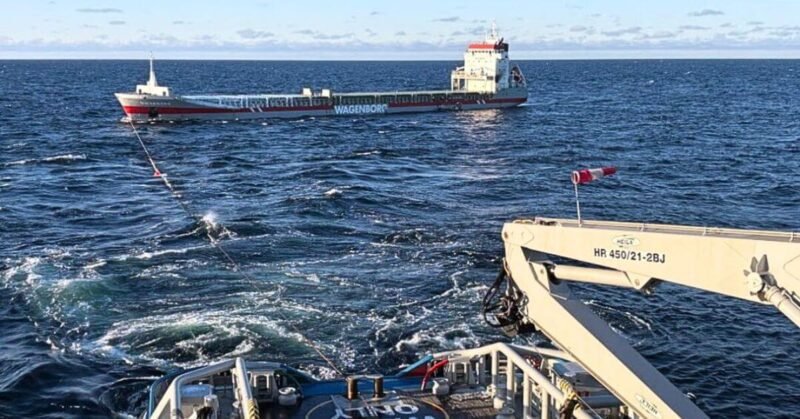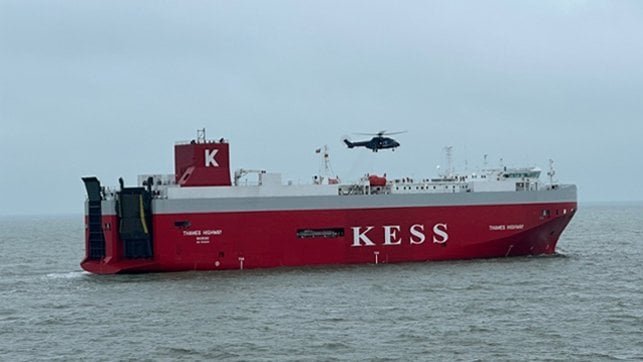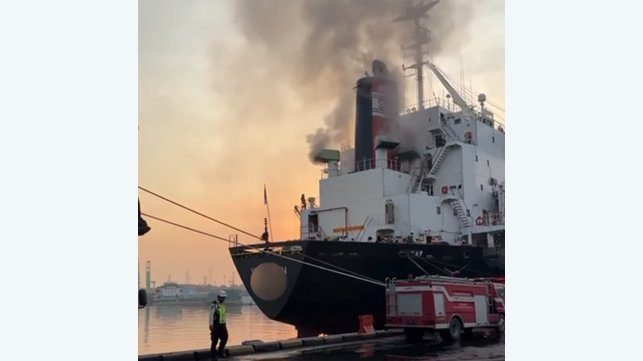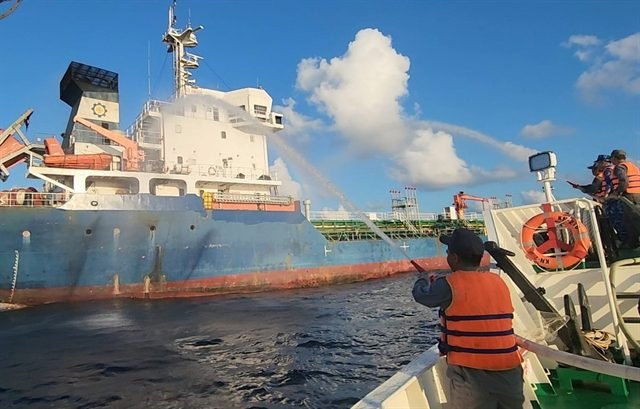A ship’s engine room is a complex network of machinery that is critical to the ship’s performance and safety. Engine operations, including the propulsion system, power generation, and auxiliary equipment, must be maintained and operated safely and efficiently for the ship to successfully complete its mission. This article will discuss some tips and tricks for mastering the art of marine engine operation.
A ship’s engine system consists of several components that work together to generate electricity. Understanding how the engine system works is critical to safe and efficient operation. The engine room is typically divided into different rooms housing the main engine, generators, auxiliary equipment and the control room. The main engine is the ship’s main source of propulsion and generates electricity by burning fuel oil. The generators, on the other hand, supply the ship with electricity. Auxiliary units such as pumps, compressors and boilers support the engine and ensure smooth operation. The control room is the nerve center of the engine room, where the ship’s engineer monitors and controls the performance of the engine.
Regular equipment maintenance is vital to reliable engine performance. The engine room is a harsh environment and machines are subject to wear and tear. Routine maintenance should include regular inspections, cleaning, lubrication, and replacement of worn parts. One way to ensure equipment reliability is to follow the manufacturer’s recommended maintenance schedule. Regular maintenance also minimizes the risk of unexpected breakdowns, which can be time-consuming and expensive to repair at sea.
Monitoring engine performance is another crucial aspect of mastering the art of marine engine operation. By monitoring performance parameters such as fuel consumption, exhaust gas temperature, engine speed and oil pressure, the engineer can spot potential problems and take corrective action before they become serious problems. Modern ships are equipped with advanced monitoring systems that provide real-time performance data. The data is sent to the control room where the engineer can analyze it and take the necessary steps to optimize engine performance.
Training of marine engineers is vital to ensure safe and efficient engine operation. The engine room is a complex environment and inexperienced engineers can have difficulty operating the equipment safely. Shipowners should invest in training programs that provide engineers with the skills and knowledge they need to operate the engine room safely and efficiently. Training should include both classroom instruction and hands-on experience with the equipment. Engineers should be trained in emergency procedures such as firefighting and responding to equipment failures.
Advances in engine technology and equipment are constantly evolving. Ship owners and engineers need to keep up to date with the latest developments to remain competitive in the industry. Innovations such as fuel-efficient engines, advanced monitoring systems and environmentally friendly fuels are constantly being developed. Knowledge of new technologies and how to effectively integrate them into the engine room can result in significant benefits such as greater fuel efficiency, reduced maintenance costs and improved environmental performance.
Mastering the art of marine engine operation requires a combination of skill, knowledge and experience. The engine room is a complex environment and the reliable and efficient operation of the engine system is critical to the ship’s performance and safety. Regular equipment maintenance and monitoring of performance parameters are essential to ensure engine performance. Training marine engineers and keeping them up to date with the latest developments is essential to remain competitive in the industry.

















